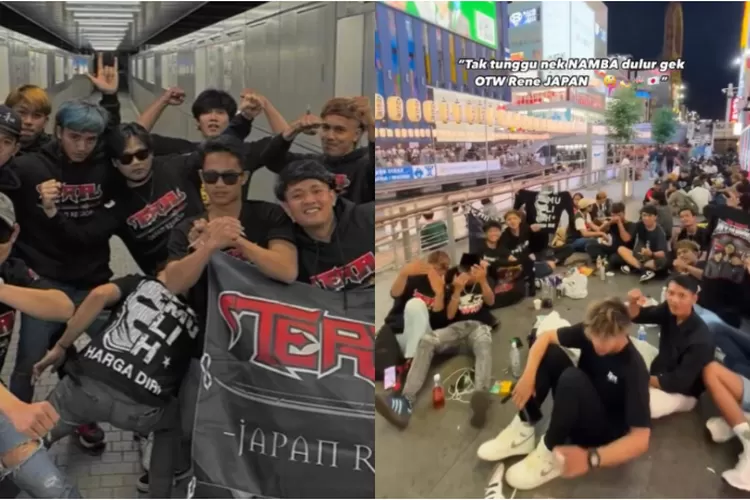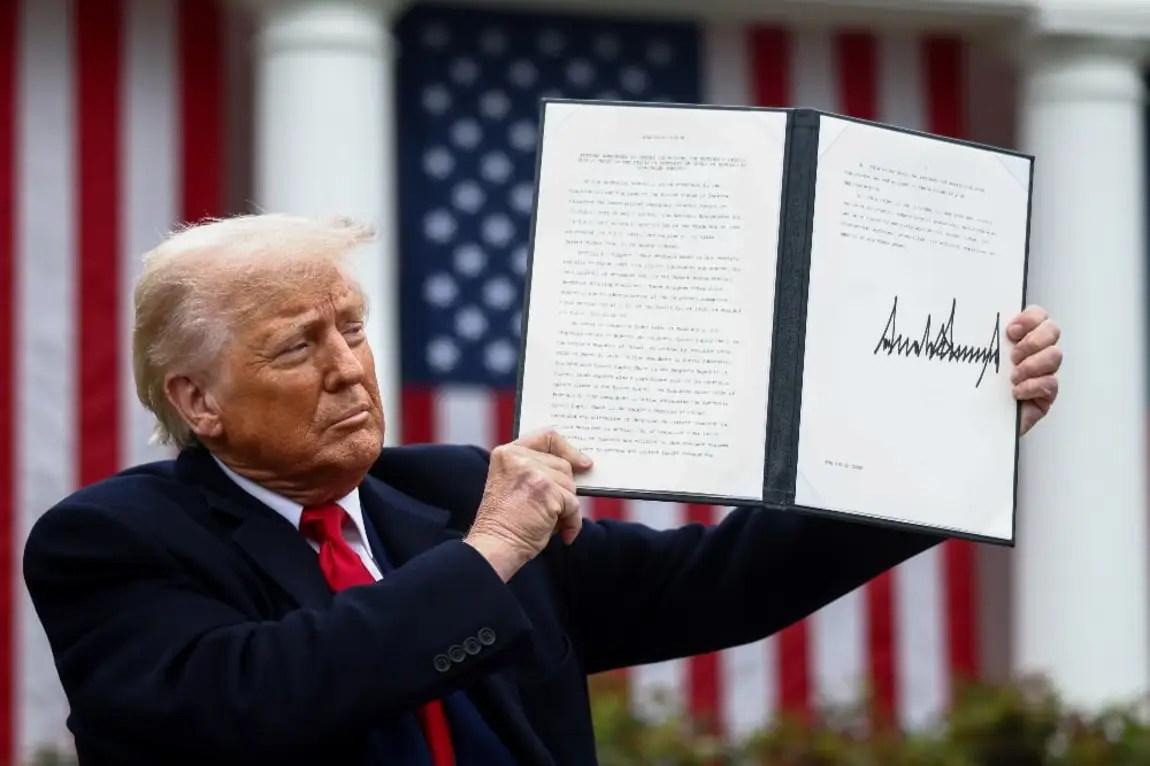Indonesia responds to rising concern over Japan’s reported plan to blacklist Indonesian workers in 2026. This news has unsettled many technical interns currently working in Japan.
Indonesia Responds with Clarification from KBRI Tokyo
Ambassador Heri Akhmadi confirmed that Japan hasn’t issued any official blacklist policy. However, Japan continues to review its foreign labor guidelines.
“We stay in active dialogue with Japan to ensure fair treatment for all Indonesian workers,” said Akhmadi.
Japan Reviews Internship Program Violations
Japan flagged concerns about visa overstays and contract violations among foreign interns. The Ministry of Justice is evaluating sending agencies for compliance ahead of 2026.
Japan may tighten entry requirements as a result of these findings.
Indonesia Responds with Stronger Oversight
The Ministry of Manpower will monitor recruitment agencies more strictly. Indonesia also provides better legal training for workers before deployment abroad.
“We want to protect our people and maintain Japan’s trust,” said Minister Ida Fauziyah.
Indonesian Workers in Japan Express Concern
News about the potential blacklist triggered worry among workers. They fear rejection from future opportunities or sudden deportation.
“We just want to work properly and be treated fairly,” said Riko, a 24-year-old intern in Saitama.
Indonesia and Japan Pursue Diplomatic Resolution
Through diplomatic dialogue, Indonesia aims to prevent further misunderstanding and ensure fair treatment of its workforce. Both countries are expected to revise their cooperation framework, focusing on transparency, legal protection, and clearer mechanisms for dispute resolution.
The Indonesian Embassy asked citizens to remain calm, follow verified updates, and place their trust in official government channels while negotiations continue.
Conclusion: Firm and Calm Reaction from Indonesia
This issue reveals the urgent need for tighter regulations and mutual understanding between countries. The Indonesian government emphasizes its commitment to protecting its citizens working overseas through diplomatic engagement and strategic policy review. Such proactive efforts aim to prevent future misunderstandings and strengthen international labor cooperation in the long term.



